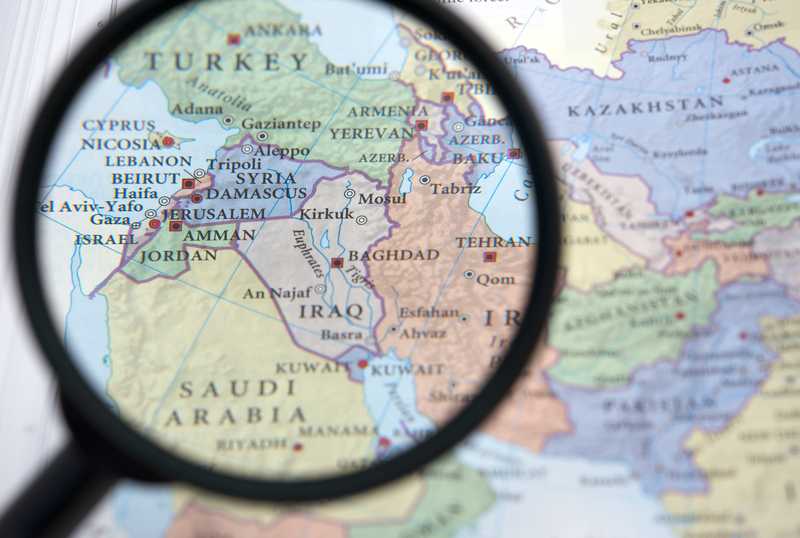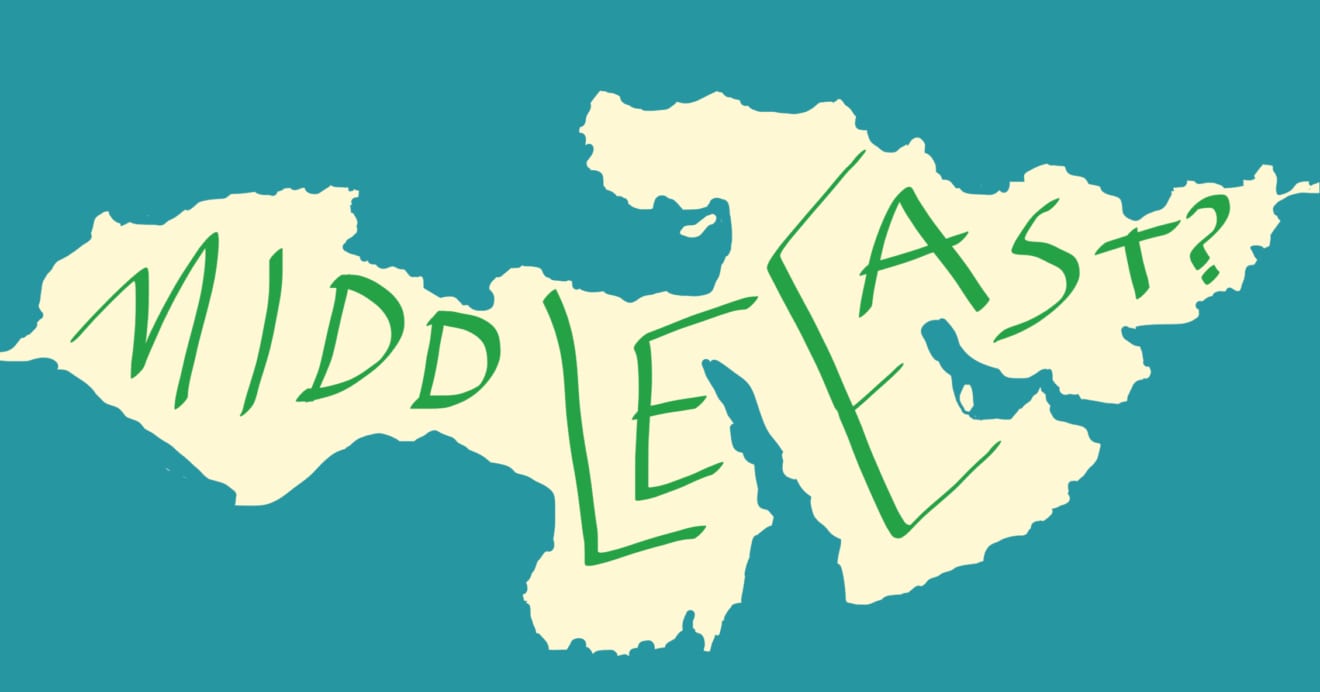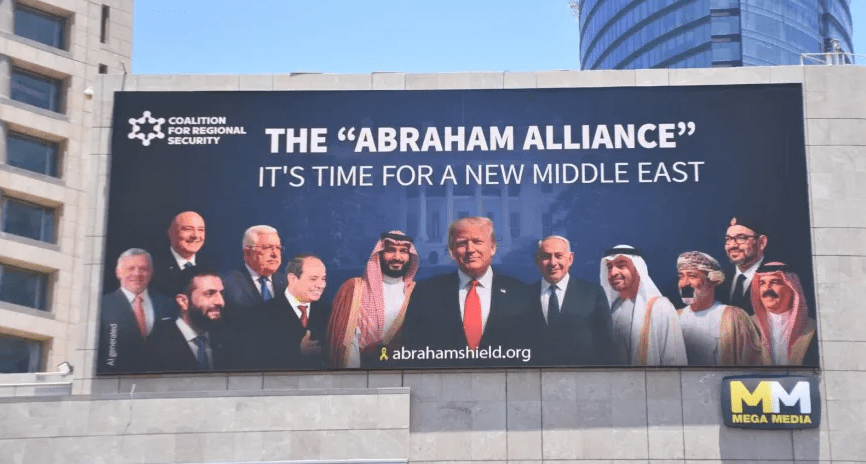Why did the United States choose to engage in a conflict that has the potential to cause a regional war, and what does the United States gain and lose from this adventure?
BY PHAM QUANG HIEN, Modern Diplomacy,
For decades, the Middle East has been one of the most volatile regions in the world. The long-standing rivalry between Israel and Iran is not only a confrontation between two countries but also the focus of a geostrategic competition involving global powers. However, the question is, why did the United States choose to engage in a conflict that has the potential to cause a regional war, and what does the United States gain and lose from this adventure?
Why can’t America stay out?
First of all, because of Washington’s allied responsibility to Tel Aviv. Since World War II, the US has protected Israel as an outpost of democracy in the midst of the unstable Middle East. This partnership is guaranteed by huge military aid packages of up to 3.8 billion USD per year for ten years from 2020 to 2030 under the Security Assistance Agreement signed under Obama. The US has invested a huge amount of money, much larger than its Western European and East Asian allies, and Washington certainly does not want to spend lavishly. Therefore, any existential threat to Israel is considered by Washington as a threat to its own national security.
Second, because Iran is the US’s top geopolitical rival in the region. Since the 1979 Islamic Revolution, Tehran has not only challenged the US-led Middle East order but also actively supported armed groups in the anti-US, anti-Israel resistance axis, such as Hezbollah in Lebanon, Hamas in Gaza, and the Houthis in Yemen… In addition, Iran’s move closer to developing nuclear weapons has further raised concerns in Washington about a second North Korea.
Third, because of the opportunity to project US power to strategic rivals such as Russia and China. For Saudi Arabia, any US détente with Iran risks being interpreted as a weakening of its security commitment. Meanwhile, if Washington does not act to rein in Iran’s nuclear program, the security threat will remain. The US’s role as a “guarantor of order” helps Washington maintain its network of military bases stretching from the Persian Gulf to the Mediterranean, as well as its role as a global superpower in the eyes of its pro-Western Arab partners such as Saudi Arabia, the UAE, and Jordan.
What does the US get from this intervention?
One of the biggest strategic benefits for the US has been the expansion of its presence in the Middle East in the first year of Trump 2.0. Intervening in the Israel-Iran conflict not only reaffirmed America’s commitment to its allies but also sent a deterrent signal to its adversaries that Washington still had control over this important geopolitical theater. It also improved President Trump’s image by actually taking actual military action instead of the usual social media threats.
In addition, the US has gained significant economic benefits from maintaining controlled instability in the region. US arms manufacturers such as Lockheed Martin, Raytheon, and Boeing have all benefited from increased military spending by Middle Eastern countries to counter Iran. In May 2025, Mr. Trump visited the three richest countries in the Middle East, and there he closed deals for more than $2 trillion in defense investments. Israel itself is also a key customer in the program to provide advanced defense systems such as Iron Dome, David’s Sling, and F-35 fighter jets. In addition, when conflicts occur, the US also becomes an ideal alternative supplier of oil and gas when the energy supply chain in the Middle East is disrupted, especially in the context of Europe trying to escape its dependence on Russian energy.
Ultimately, the Israel–Iran conflict becomes a more reasonable excuse for the US to continue tightening sanctions on Iran, thereby weakening the country’s economy and preventing Tehran from accessing the international oil market. As Iran’s economy weakens, its ability to develop its nuclear program also faces difficulties. The maximum pressure policy under Trump 2.0 shows that the more conflict and tension in the Middle East, the more opportunities the US has to strengthen its military, economic, and diplomatic siege of Iran.
Risk also has its price.
Military intervention in a local conflict is not without risks. First of all, openly siding with Israel puts the US at risk of being drawn into the vortex of conflict in the Middle East. Here, Washington not only makes enemies of Tehran but also of the Axis forces. This is the mistake that many of Trump’s predecessors have made. This has sparked a wave of protests within the US, possibly triggering terrorist attacks like the post-Iraq 2003 period.
Second, America’s image as a beacon of human progress in the Arab and Muslim world is at risk of being eroded. Its policy of leaning heavily toward Israel and even ignoring accusations of excessive use of force in Gaza has made the United States complicit in the religious war against Arab Muslims in their own land. Is America still the strongest pillar of upholding global human rights values, or is it simply following the political interests of its leaders?
Third, intervening in the Israel–Iran conflict also costs the US strategic resources that are being prioritized for the Indo-Pacific. Maintaining forces and deploying rapid response troops in the Middle East is a significant burden on the US defense budget, especially in the context of competition with China, requiring Washington to rebalance its capabilities and focus long-term on other key goals in the Asia-Pacific region.
Finally, is the question of the binding force of international law, when the United States is the most vocal proponent of a rules-based order, surely to be taken seriously? Indeed, the Trump 2.0 administration prefers a strategy of maintaining peace based on sheer force rather than the cumbersome multilateral mechanisms that Trump has long disliked.
What choice for America?
Intervening in the Israel–Iran conflict is a risky strategic move for the US in the context of a shifting world order. Washington clearly has legitimate reasons to protect its allies. However, the price of its presence is not small.
Forecasts suggest that in the short term, the US will continue to maintain indirect engagement through military aid and strategic deterrence but will avoid direct intervention unless global interests are at stake. The Middle East will remain a complex puzzle for every US president, with every move potentially having profound strategic consequences, not only for the region but also for the US-led global order itself.





